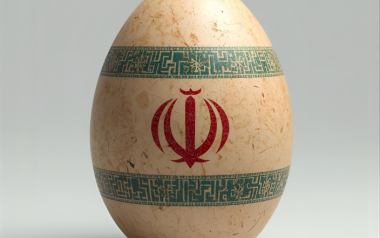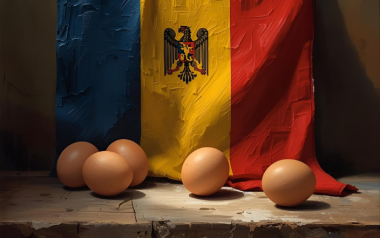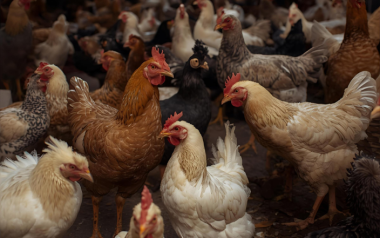Sources: Available upon request
24 Aug 2024
Mexico’s surge in Brazilian chicken imports
In July 2024, Mexico experienced a significant surge in its imports of Brazilian chicken, marking an increase of over 100% compared to previous months. This remarkable growth can be attributed to several economic and policy-driven factors that have reshaped the poultry trade between these two nations.
In July 2024, Mexico experienced a significant surge in its imports of Brazilian chicken, marking an increase of over 100% compared to previous months. This remarkable growth can be attributed to several economic and policy-driven factors that have reshaped the poultry trade between these two nations.
Economic and policy context
The increase in chicken imports from Brazil is closely linked to Mexico’s efforts to combat inflation and ensure food security. In 2022, the Mexican government introduced the Paquete Contra la Inflación y la Carestía (PACIC), a package of measures aimed at controlling inflation and reducing the cost of living. One of the key components of PACIC was the removal of tariffs on imported meat products, including chicken. This policy change made Brazilian chicken more affordable and attractive to Mexican importers.
Brazil’s role in the global poultry market
Brazil is a major player in the global poultry market, known for its high-quality chicken production and competitive pricing. The country is the world’s largest exporter of chicken, with a well-established infrastructure for poultry farming and processing. Brazilian chicken is renowned for its quality, which has helped it gain a strong foothold in various international markets, including Mexico.
Impact on trade volumes
The impact of Mexico’s increased imports of Brazilian chicken is evident in the trade volumes. In July 2024, Mexico imported a record amount of chicken from Brazil, surpassing previous months by a significant margin. According to industry reports, the volume of chicken imported from Brazil more than doubled, reflecting a growing demand for affordable poultry products in the Mexican market.
Factors driving the increase
Several factors have contributed to the surge in Brazilian chicken imports:
- Price competitiveness: Brazilian chicken is competitively priced, making it an attractive option for Mexican consumers and businesses looking to manage costs.
- Quality assurance: The high quality of Brazilian chicken, coupled with stringent safety standards, has built trust among Mexican importers.
- Supply chain efficiency: Brazil’s efficient supply chain and logistics capabilities ensure timely delivery of poultry products, meeting the growing demand in Mexico.
- Inflation control measures: The removal of tariffs under PACIC has significantly reduced the cost of importing chicken, encouraging higher import volumes.
Market implications
The increase in Brazilian chicken imports has several implications for the Mexican market:
- Consumer benefits: Mexican consumers benefit from lower prices and a steady supply of high-quality chicken, which helps mitigate the impact of inflation on household budgets.
- Industry dynamics: The surge in imports may influence the dynamics of the domestic poultry industry, prompting local producers to enhance their competitiveness.
- Trade relations: Strengthened trade relations between Mexico and Brazil could lead to further collaboration in other agricultural sectors, fostering economic growth and stability.
Future outlook
Looking ahead, the trend of increased Brazilian chicken imports is likely to continue as long as the economic and policy conditions remain favorable. The Mexican government’s commitment to controlling inflation and ensuring food security will play a crucial role in shaping the future of poultry trade between the two countries.
In conclusion, Mexico’s decision to increase its imports of Brazilian chicken by over 100% in July 2024 highlights the importance of strategic trade policies and international cooperation in addressing economic challenges. This development not only benefits consumers but also strengthens the trade relationship between Mexico and Brazil, paving the way for a more resilient and interconnected global food market.







































